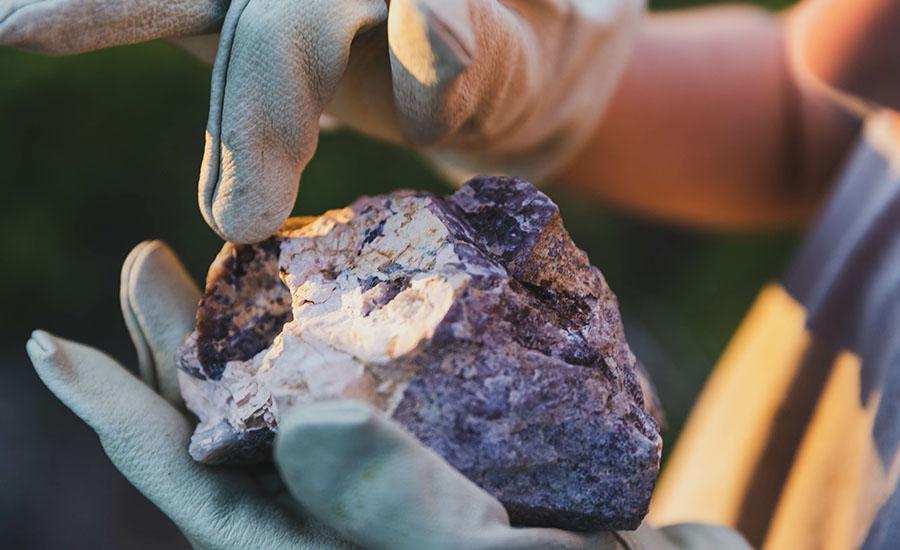
Grades:
4th Grade, 5th Grade, 6th Grade
In this engaging lesson, students will summarize the environmental impact of obtaining and using fossil fuels and recommend solutions for reducing use of fossil fuels. Students use chocolate chip

Grades:
4th Grade, 5th Grade, 6th Grade
Summary- Students will redesign their egg protector for trial 2, record their observations, and respond to overall reflection questions for the project. Materials- Science Notebook Pencil/Pen

Grades:
5th Grade
In this activity, students will make a model of the planets in the solar system and specifically model their distances to scale. Materials: Model of the Solar System-plastic 3D model String Push pins
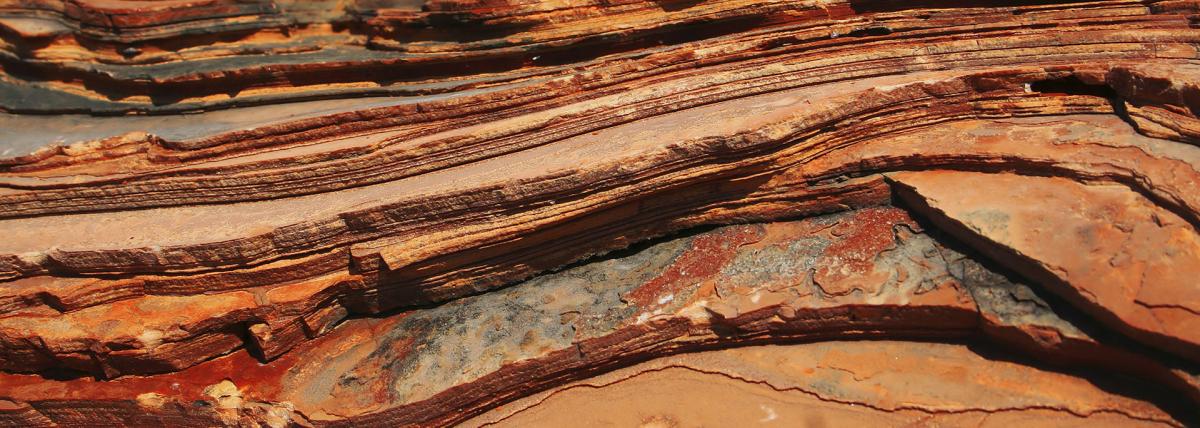
Grades:
4th Grade
Students will engage in an activity that helps us understand the effect of fracking on the environment by digging for oil (chocolate chips) from their mining site (cookie). Agenda: Fracking pictures

Grades:
4th Grade
This is lesson one for a unit plan on circuitry. In this challenge, students will be tasked with planning, designing, and testing both open and closed circuits. To make things more interesting, they
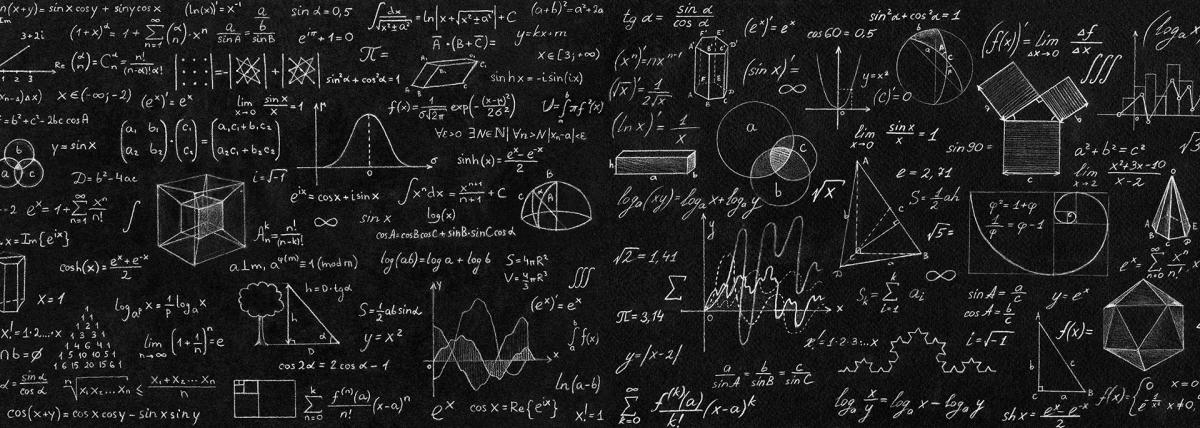
Grades:
6th Grade, 7th Grade
Students explore the relationship between the speed(rate of travel) of an object, the distance it travels, and the amount of time it travels for. Teachers may use: A- Air rockets(from a previous

Grades:
6th Grade
In this lesson, students will learn about simple circuits, then create a simple circuit using copper tape, LED's, and batteries. Finally, they will construct a 3D model of a haunted house and use

Grades:
1st Grade
This lesson is based on Goldilocks and the Three Bears story. Students will focus on building a chair where a pound of dumbbell will be used to test the durability of the chair because in the story

Grades:
4th Grade
This would be an end of the unit project. Students would need prior knowledge about animal adaptations and biomes/habitats. Students will use Flipgrid to share, but you could use any other video app

Grades:
4th Grade
In this lesson, students will develop and use the model of a simple circuit to explain how energy is moved through electric currents. The current and voltage in circuits with 1 dry cell and 2 dry

Grades:
6th Grade
In this unit, students will study the effects of air pollution and engineer an environmentally friendly air filter to reduce pollutants in the air using common household items and recycled materials

Grades:
6th Grade
Students will plant and observe plants from seed to full germination while making observations on growth in this engaging lesson. This will be done using a science notebook to record germination

Grades:
6th Grade
Summary Each of the first two Basic Handling lessons is approximately 5 minutes in length. The onboard “Flight Instructor” will instruct student trainees on what they should be doing and interacting
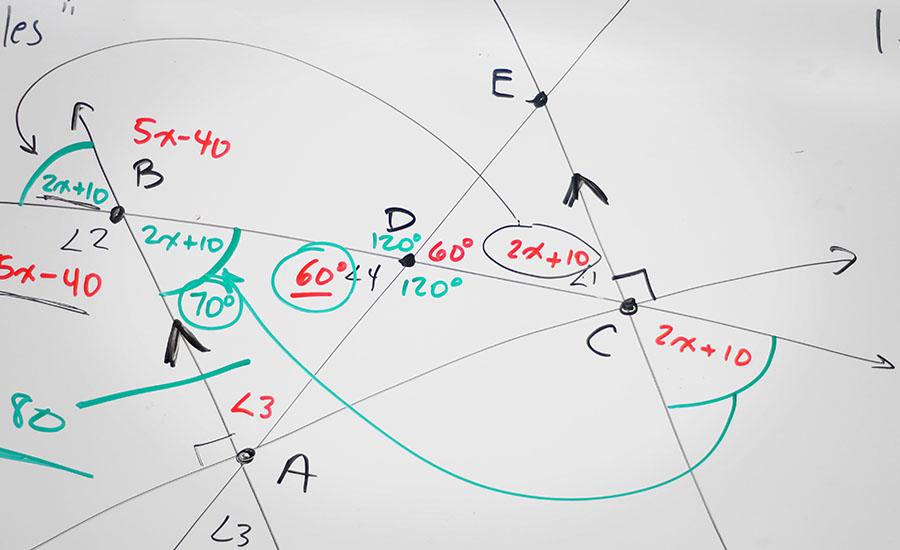
Grades:
6th Grade
In this lesson, students will identify the significance of the shapes found in and around their home. Making these connections will provide a real-world framework to their understanding of mathematics

Grades:
7th Grade
Students (over 2-3 days) use BricQ parts and pieces to create a lab to test how mass affects the distance a Lego piece will travel. This hands-on lesson was designed to introduce Newton’s law #2

Grades:
3rd Grade, 4th Grade, 5th Grade, 6th Grade, 7th Grade, 8th Grade, 9th Grade, 10th Grade, 11th Grade, 12th Grade
In this hands-on lesson, students apply their understanding of the engineering design process to build a tower made of index cards that can hold an object. There is a link to a prerequisite lesson

Grades:
4th Grade
Students will learn about energy and how it relates to growing plants in this first part of a 4 part lesson. Materials needed: copy of parent signature form, student handbook. Agenda: What is Energy

Grades:
6th Grade, 7th Grade, 8th Grade
Summary: This lesson uses the children's picture book Rosie Revere, Engineer by Andrea Beaty and can easily be adapted for any grade level. Students will listen to the story of Rosie Revere and
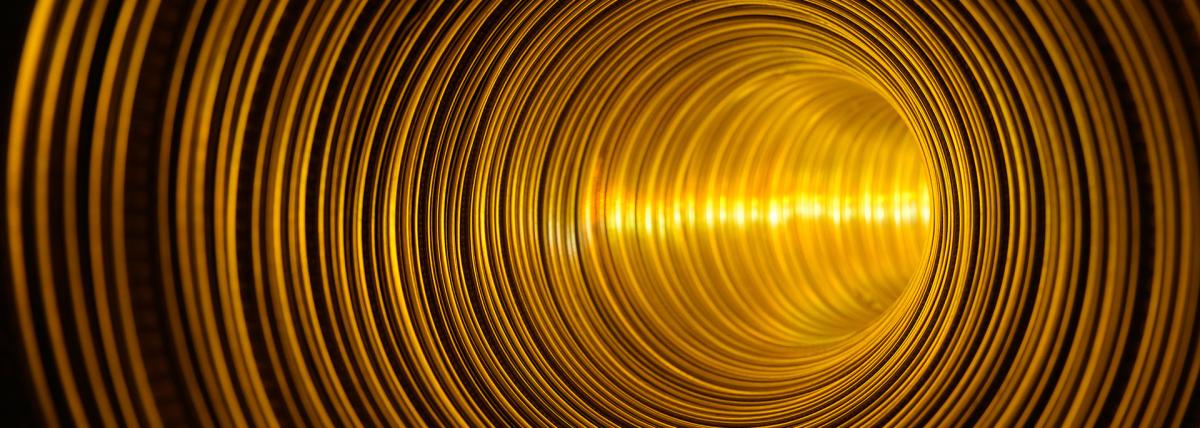
Grades:
7th Grade
In this 2nd lesson in a series of 2, students will continue the work on their cup design. They will analyze features of water cups for how effective they are at keeping our water cold while we are at

Grades:
1st Grade
Students will grow to understand what decomposition is and why it is a vital part to their compost bins success.

Grades:
5th Grade
Students will individually construct straw rockets. Using the launcher, students will learn the concept of Newton's third law of motion: for every action, there is a equal and opposite reaction

Grades:
4th Grade, 5th Grade, 6th Grade, 7th Grade, 8th Grade
Classes will prepare several garden bins for planting. By using a tape measure, students take into consideration the recommended distances of seed planting described on the seed packet and the

Grades:
6th Grade
In this lesson, students will be learning about the challenges of farming in space for future settlements. Specifically they will focus on the difficulty of testing whether plants will grow in soil

Grades:
3rd Grade, 4th Grade, 5th Grade
Analyze and interpret data they have collected from an owl pellet dissection to answer a question. Use a dichotomous key to identify bones of prey species found in an owl pellet. List of Materials owl


